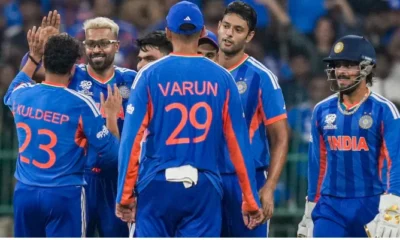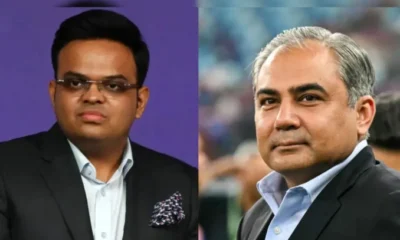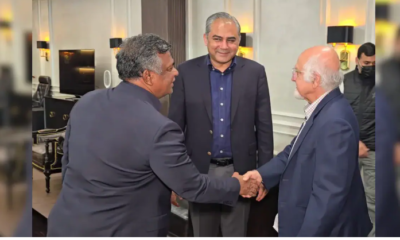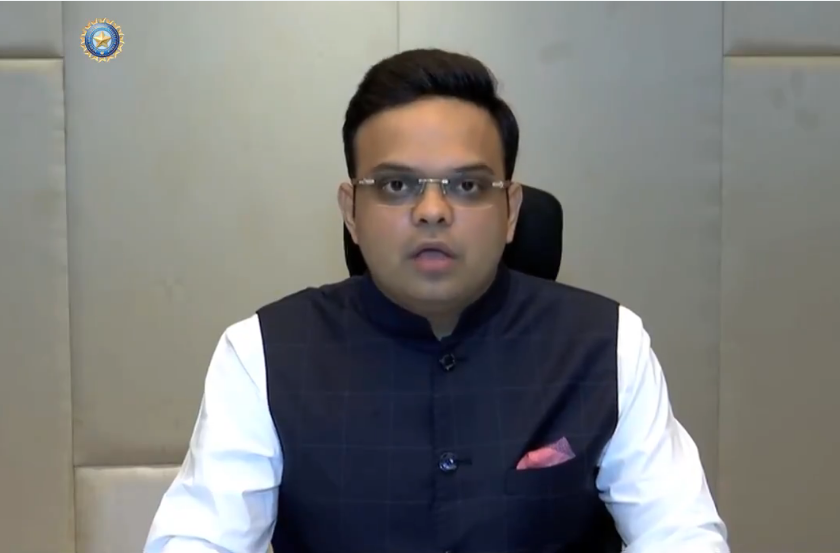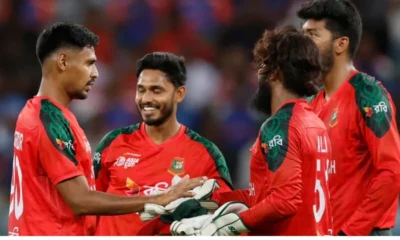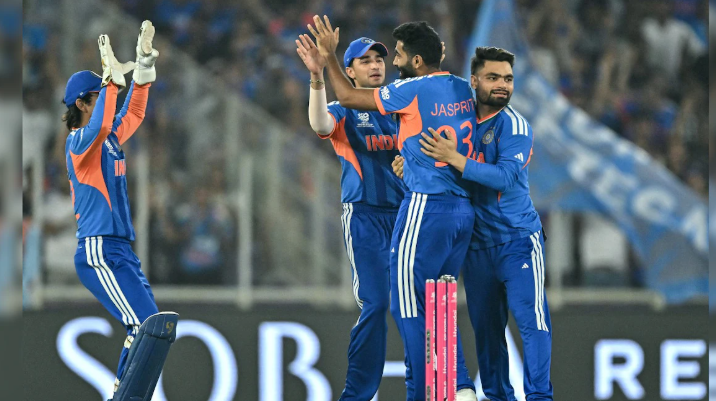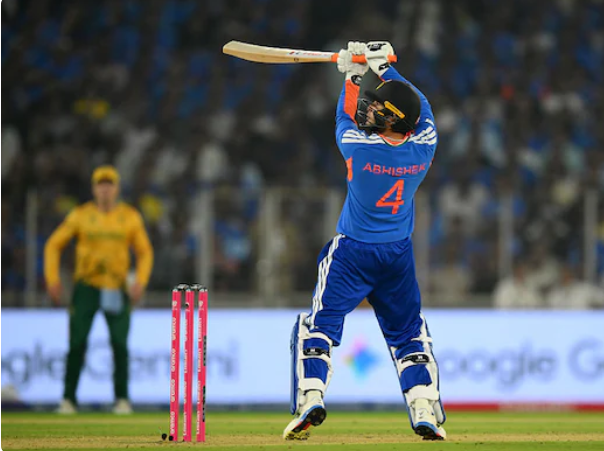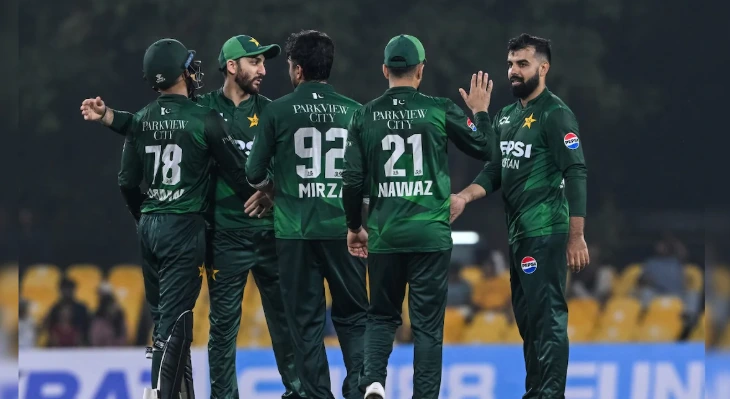LATEST SPORTS NEWS
Pakistan wants India play bilateral cricket series

Cricket news
Rinku Singh returns home from T20 World Cup camp due to family emergency
Rinku Singh has flown back home from the T20 World Cup camp after his father’s health deteriorated. Team management is yet to confirm his return.
LATEST SPORTS NEWS
ICC Men’s T20 World Cup 2026: South Africa outclass India with smart slower-ball strategy in Super 8
South Africa registered a commanding 76-run win over India in the T20 World Cup 2026 Super 8 match, using disciplined slower deliveries and a key Miller-Brevis partnership.
Cricket news
Shadab Khan lands in trouble after ‘we’ve beaten India’ remark, PCB issues warning: Report
Shadab Khan has reportedly been advised by the PCB to mind his language after his remarks on former players following Pakistan’s loss to India stirred controversy.
-

 India News16 hours ago
India News16 hours agoAs stealth reshapes air combat, India weighs induction of Sukhoi Su-57 jets
-

 Cricket news16 hours ago
Cricket news16 hours agoRinku Singh returns home from T20 World Cup camp due to family emergency
-

 India News15 hours ago
India News15 hours agoTamil Nadu potboiler: Now, Sasikala to launch new party ahead of election
-

 Latest world news3 hours ago
Latest world news3 hours agoTrump says tariffs will replace income tax, criticises Supreme Court setback in key address
-

 Latest world news3 hours ago
Latest world news3 hours agoTrump repeats claim of averting India-Pakistan nuclear war during Operation Sindoor
-

 India News3 hours ago
India News3 hours agoShashi Tharoor questions Centre over Kerala name change to Keralam
-

 Latest world news2 hours ago
Latest world news2 hours agoPM Modi to begin two-day Israel visit, defence and trade in focus


